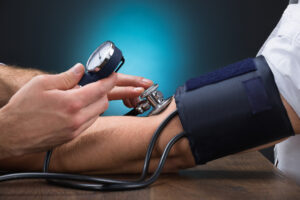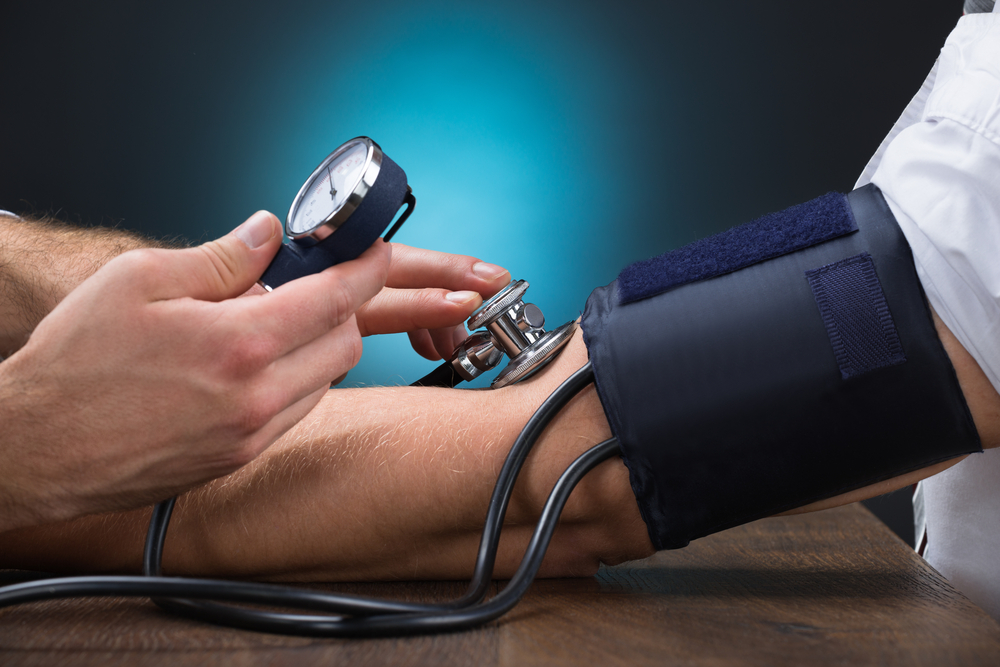There are few steps to being Healthy
High blood pressure, also known as hypertension, is a common but serious health condition that can increase the risk of heart disease, stroke, and other cardiovascular complications. Fortunately, there are several lifestyle changes and strategies that can help control blood pressure and promote heart health.

1. Maintain a Healthy Diet: Eating a balanced diet rich in fruits, vegetables, whole grains, and lean proteins can help lower blood pressure. Reduce sodium intake by limiting processed foods, canned soups, and salty snacks. Incorporate potassium-rich foods like bananas, spinach, and sweet potatoes, which can counteract the effects of sodium.
2. Stay Active: Regular physical activity is essential for managing blood pressure and improving overall

cardiovascular health. Aim for at least 150 minutes of moderate-intensity exercise or 75 minutes of vigorous-intensity exercise each week. Activities like brisk walking, cycling, swimming, or dancing can help lower blood pressure and reduce the risk of heart disease.
3. Maintain a Healthy Weight: Being overweight or obese can contribute to high blood pressure. Losing even a small amount of weight can make a significant difference in blood pressure levels.
Focus on making sustainable lifestyle changes, such as adopting a healthy diet and increasing physical activity, to achieve and maintain a healthy weight.





